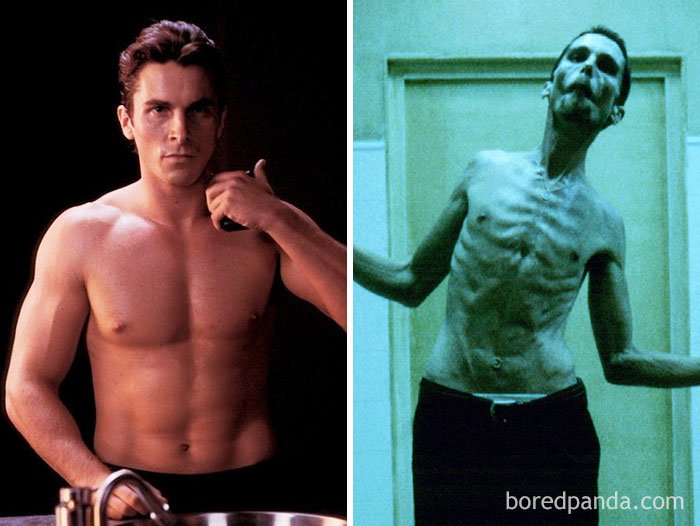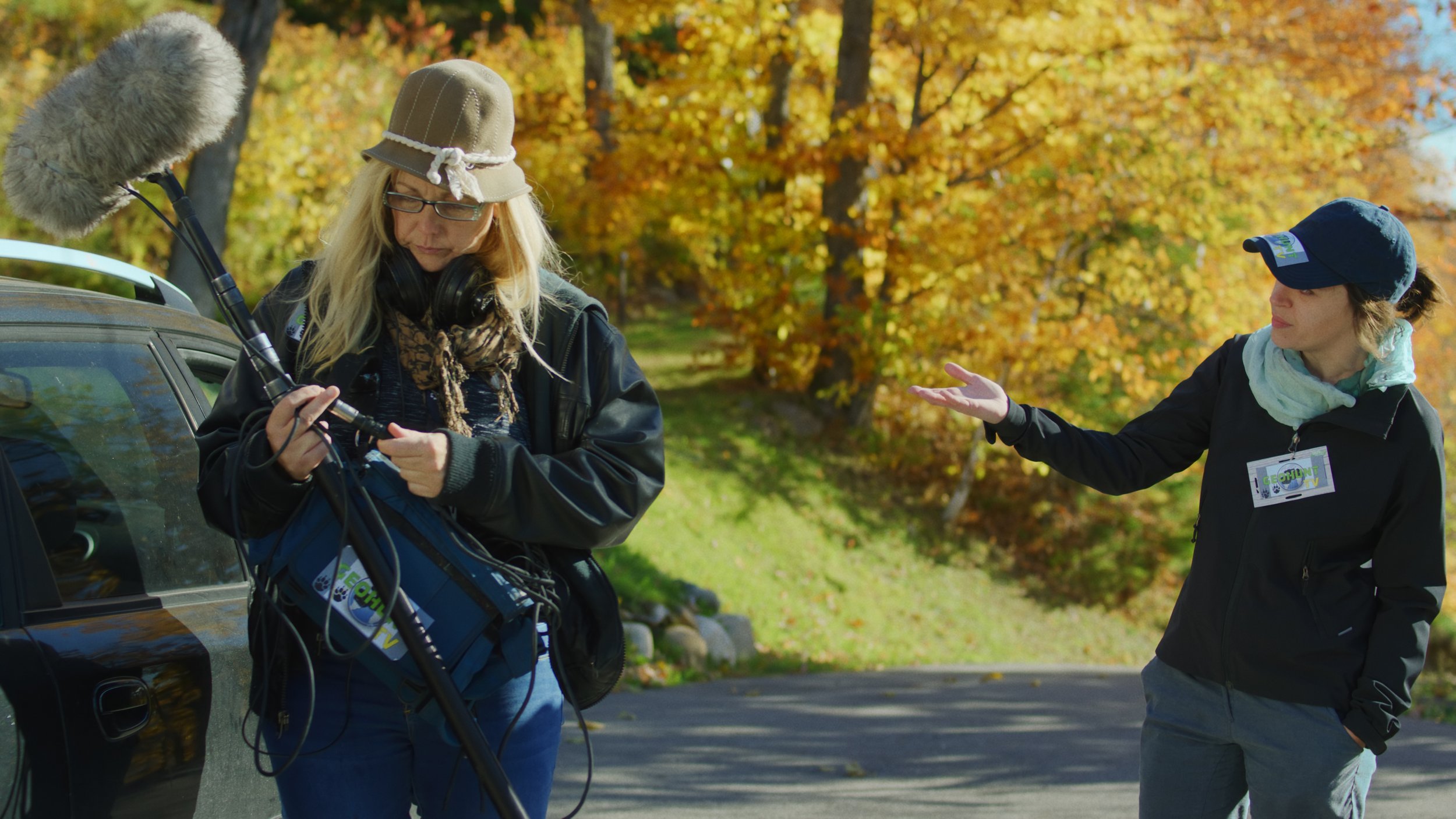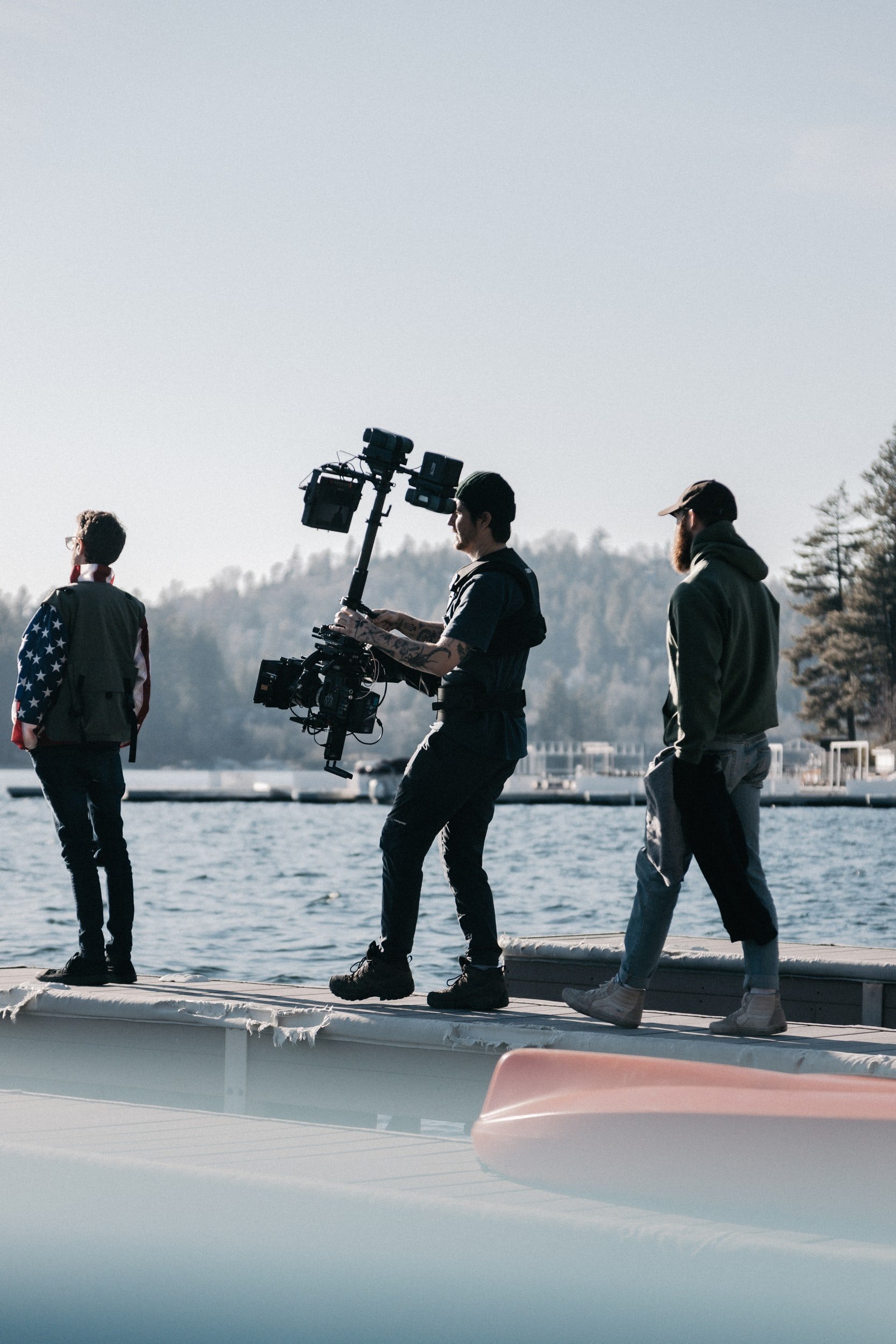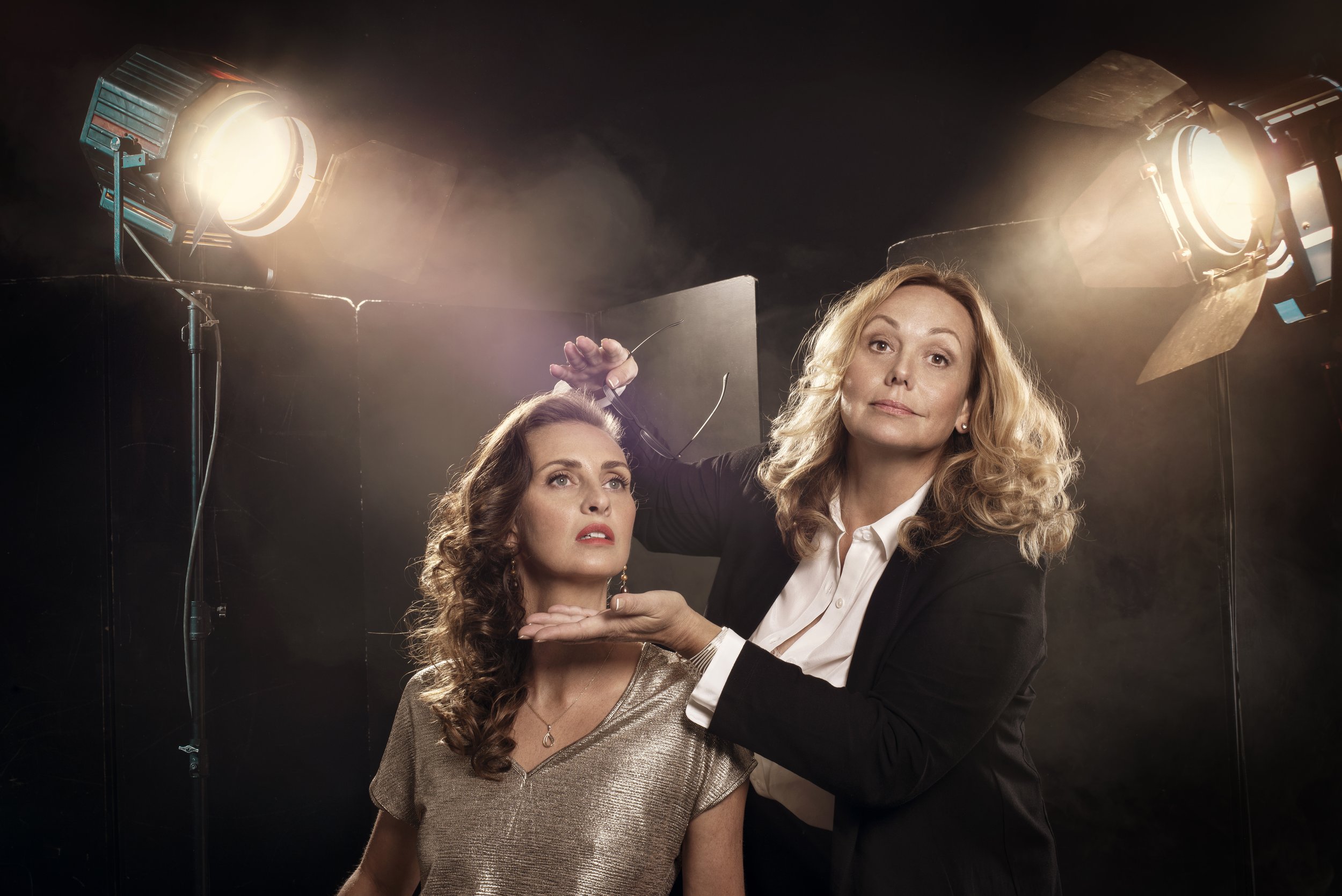Five Interesting Questions and Inspiring Answers to Make Filming Easy.
This is the third installment of our Quora series, where we answer your questions about filmmaking, production, and careers. We are joined by the experienced and talented Tina Adams, as she discusses some of the challenges of distribution, funding, shooting, and starting off in the film industry.
Read on to learn all the in-depth knowledge on overcoming these obstacles and find your own success as a filmmaker.
Where do filmmakers find their inspiration for movies and scripts?
There are two sources:
The first is their lives and the reality surrounding them.
The second is inside their minds through their imagination.
Usually, people who write scripts write about things that they know to the core, and when they do not know enough about something, they dive into immersive research to better understand its reality.
So when writing, think about life, your environment, reality, and what animates you at this moment in your life. Answer these questions: did your parents just divorce, is your dog terminally ill, are you in a new romance with your girlfriend, or are you on an extraordinary life journey? You can choose anything because when it's a reality about your experience, the script you create will be genuine and original.
When it comes to imagination, you can describe your dreams, fantasies, and wildest imaginations. You can take it wherever you want, but you also have to consider making it real in the material world. You should consider finding someone that can recreate your imagination and turn it into images on the screen.
Sometimes you can criss-cross between the two universes and create a hybrid of reality and imagination. Still, I think this is difficult and needs some experience and talent to make it efficient, seamless, and realistic.
I know many writers that find inspiration in news stories, in inspiring and newsworthy news pieces that can open your eyes. So look with a keen eye and listen to the people around you, and you will begin to see and hear inspiration.
Why are a lot of movies these days being released on streaming services instead of theaters?
Today, many theaters have long-term deals with major production studios, resulting in their screens being booked up by "blockbuster" films. Of course, that means that theater screens are also all booked up during the best times of the year like Christmas, New Year, and other holidays. In addition, these screens tend to be booked even years in advance. This forces independent films to find different screens and venues to sell their work at a profit. Therefore, those productions do not typically invest in theatrical releases and subsequent advertising because they just end up losing that money.
Statistically, the average movie released on theater screens only generates roughly 4% of their lifetime viewers from theatrical exhibitions. So from a business perspective, there is no valuable incentive or reason to fight for your spot on the big screen. Instead, it's more of a symbol of prestige. It helps independent films build a reputation and say that this is a real movie that played on the big screens in cinema.
How do film directors choose whether to shoot on location or in a studio?
To shoot on location comes with many risks because you can not control your environment. Just go outside and sit for half an hour in the park; you will see that the lights, shadows, wind, and ambiance will change in just 10 minutes. So, imagine you are filming a movie with continuity; you cannot have one part where the shadow is to the left and then the next part where it's on the right. The same goes for the changes in lighting. You cannot change the sun's direction, so you must constantly move your set and equipment to keep consistency. Therefore, it takes a lot of experience to manage all these variables, and you absolutely need to know how to work with the time and day to accomplish the scene.
When filming in a studio, for example, the challenge is the lack of space. Imagine filming inside a kitchen; you have to use your space wisely. You need to allocate space for the actors, the lighting, and the cameras. This limits your space and how to use it, placing your cameras, and the required movements for specific scenes or cuts.
Within a studio, you have to create reality. This is where those major production studios excel and where they really go above and beyond to recreate reality. These major studios invest millions of dollars in hiring the best talent, artists, and designers to recreate a specific environment inside a building. These studios are so successful because of their ability to recreate reality inside without leaving out any realistic aspects while controlling lighting, shadows, and weather. This is why many famous filming cities have huge studio buildings designed and used solely for filming.
Personally, I enjoy filming outside in nature. The ambiance, subtle changes, and elements of nature add beauty to so many shots. These environments are great for specific scenes like action, moments in nature, and outdoor events. When you are in a recreated forest inside a studio, you miss out on the natural sounds of the forest, whereas in a real forest, those sounds are there, so for me, my preference is to shoot on location.
It depends on the country you are living in. There are countries with cultural subsidies for filmmakers. On the other hand, take the US for instance; those grants or subsidies do not exist.
That's why filmmakers were some of the first to create fundraising platforms. For example, I'm sure you have heard of the uber-popular crowdfunding platform "Indiegogo," well, now you can guess it, the indie part of the name stands for independent films.
There is no choice except to find funding from various sources such as presales, contracts with producers, distribution plans, product placements, or private investment from cinema lovers. In any case, you need to be as creative when looking for funding as you are in writing the script. This is usually the case for countries that do not have dedicated funding for cultural ministries.
In countries that offer funding, you need to research and apply for cultural-based financing to raise the capital required to film and produce your feature.
These are some of the methods funding is raised in the beginning.
I am 14 and I want to be a filmmaker. Where do I start?
Oh, that's cute! At your age, you can already get on set. The beauty of filmmaking is that there is no age limit. Some actors, like Shirley Temple, started at the age of 3!
Start off by finding a local production company and visiting them or writing a letter to them and asking them for work, volunteering, or just watching them on set. Do not be afraid; filmmakers are some of the kindest people out there. They are usually very kind and generous when it comes to helping people, especially young aspiring filmmakers and artists. So I would start with a google search and reach out to them.
I would say: "Hi, I am 14 years old; I would like to be around some filmmaking. Would you allow me to join you on set after school?"
Don't be afraid; just go for it, and you will find an opportunity or someone that will open the door for you.
***
Make sure to follow us for more details as we answer more of your filmmaking questions.
Also, search for our movies. They are available online for streaming on select platforms all around the world. Our latest film, My Wacko Parents, is set to stream online very soon. It is a funny film where a 30-year-old Tanya has to deal with all the craziness of life and her career while managing the onslaught of her controlling-helicopter parents.





















